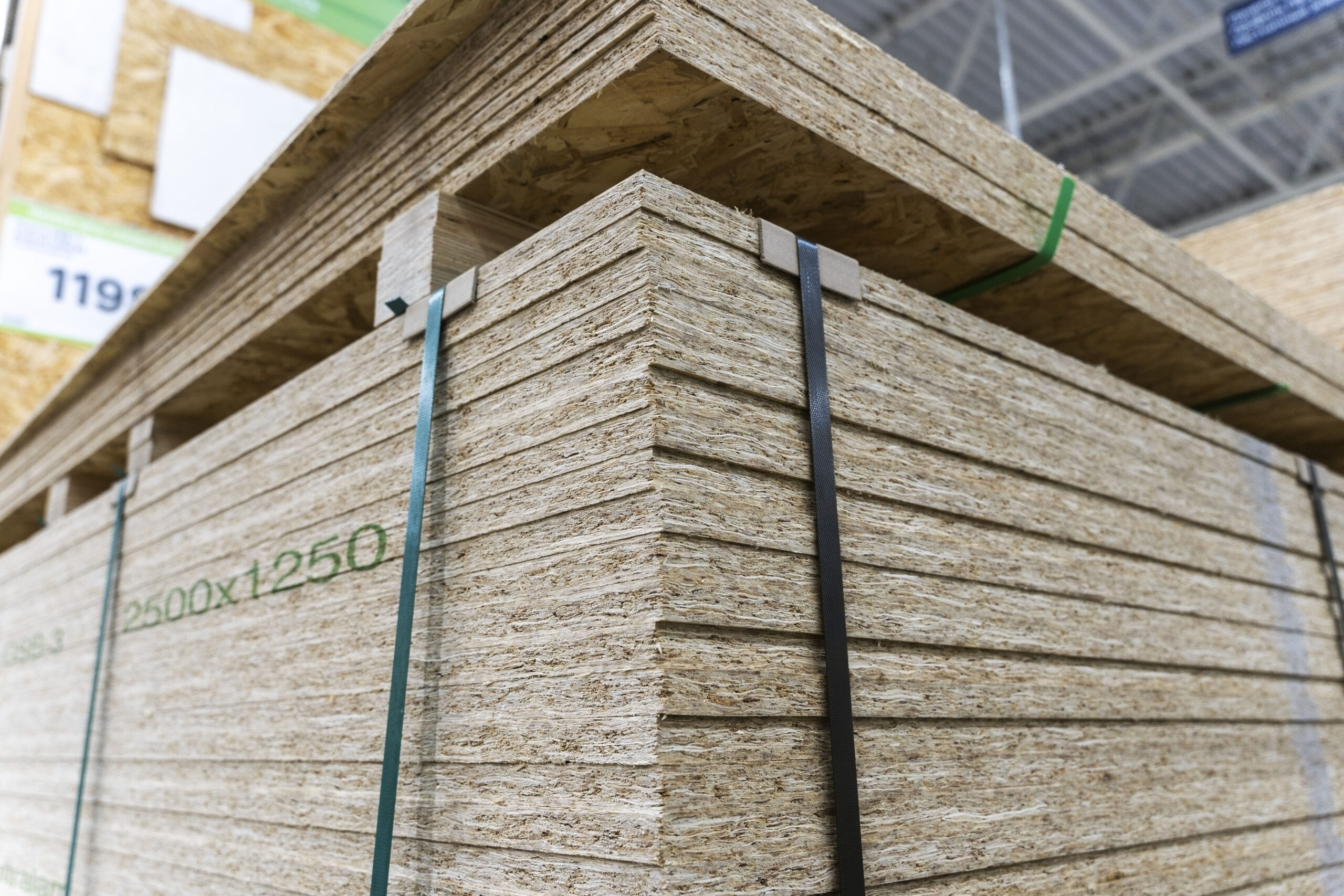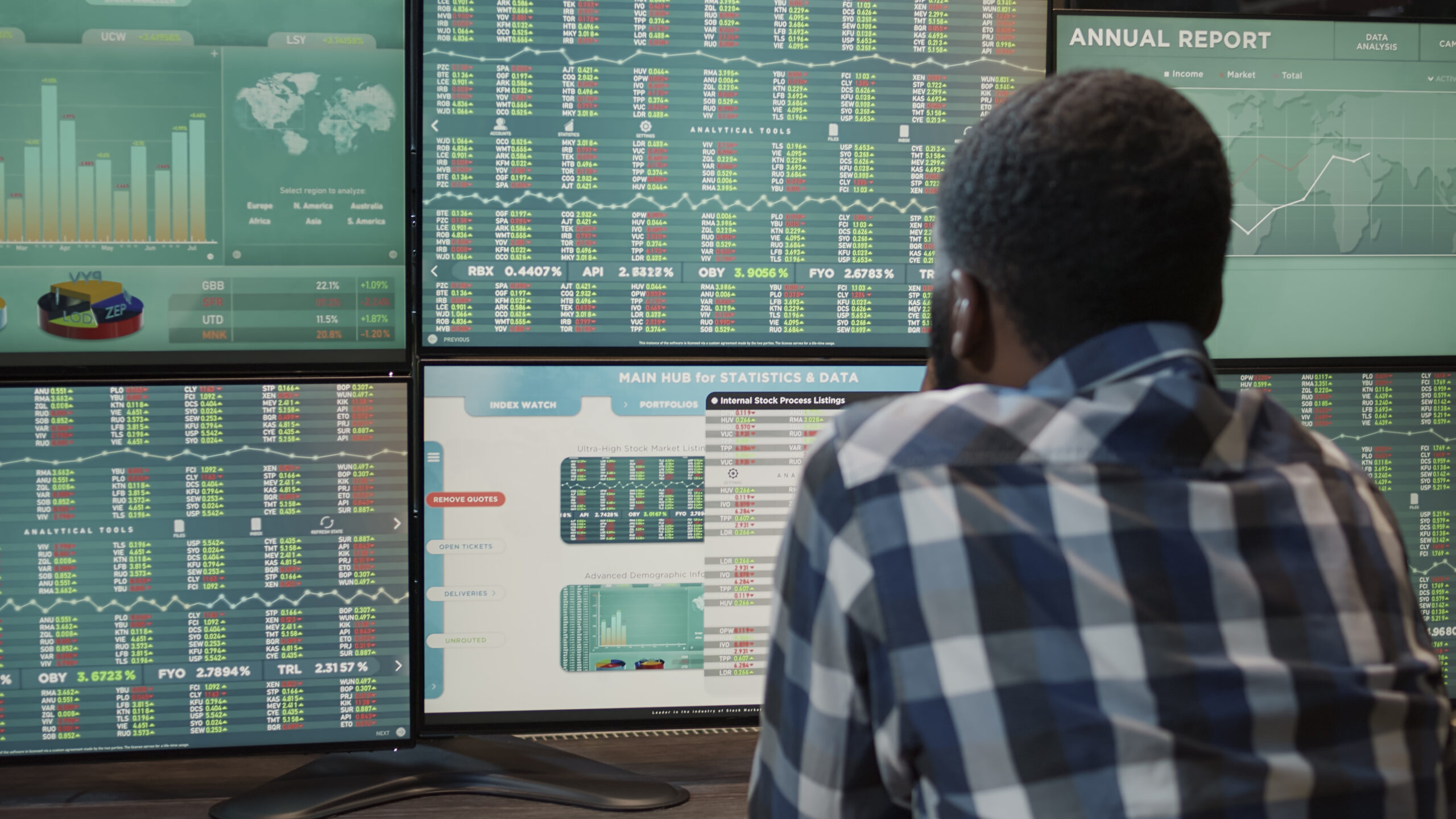Introduction
The lumber industry has faced unprecedented supply chain disruptions in recent years, affecting the availability and cost of wood products. From global logistics issues to market volatility, architects and builders must adopt strategic approaches to ensure a steady supply of high-quality lumber. Understanding these challenges and implementing proactive solutions can mitigate risks and keep construction projects on track.
At SCF Global Trade, we specialize in sourcing premium Brazilian timber, providing architects and builders with reliable, sustainable wood products. In this article, we explore key supply chain challenges in the lumber industry and offer practical strategies to navigate them effectively.
Key Supply Chain Challenges in the Lumber Industry
1. Global Supply and Demand Imbalances
The demand for lumber surged during the pandemic due to increased home construction and renovation projects. However, supply constraints caused by labor shortages, raw material availability, and shifting trade policies created an imbalance, leading to price volatility and material shortages.
2. Transportation and Logistics Bottlenecks
Shipping delays, port congestion, and rising fuel costs have significantly impacted the timely delivery of lumber. International trade routes have been disrupted, causing extended lead times and increased transportation costs for businesses reliant on imported wood products.
3. Regulatory and Environmental Restrictions
Governments worldwide are imposing stricter environmental regulations on logging and wood sourcing to combat deforestation and climate change. While these measures promote sustainability, they also limit the availability of raw materials and increase compliance costs for suppliers.
4. Natural Disasters and Climate Change Effects
Wildfires, storms, and extreme weather events have damaged forests and disrupted logging operations. These environmental factors have caused unexpected fluctuations in supply, affecting the availability and pricing of lumber in the market.
5. Rising Costs of Production and Raw Materials
The increasing costs of labor, machinery, and raw materials have driven up the price of processed lumber. Additionally, inflation and supply chain inefficiencies have added further financial pressures on builders and developers.
Strategies for Architects and Builders to Overcome Supply Chain Disruptions
1. Build Strong Supplier Relationships
Partnering with reliable lumber suppliers like SCF Global Trade ensures consistent access to high-quality materials. Establishing long-term contracts and open communication with suppliers can help mitigate price fluctuations and secure stable deliveries.
2. Diversify Wood Sourcing Options
Relying on a single source for lumber can increase vulnerability to supply chain disruptions. Diversifying suppliers across different regions reduces the risk of shortages and allows access to a broader range of wood products.
3. Plan and Order in Advance
Given the unpredictability of lumber supply, early procurement planning is crucial. Placing bulk orders and forecasting material needs ahead of time can prevent project delays and unexpected price hikes.
4. Consider Alternative Wood Products
Exploring alternative wood-based materials such as engineered wood, cross-laminated timber (CLT), or reclaimed wood can provide cost-effective and sustainable options when traditional lumber becomes scarce.
5. Optimize Inventory Management
Implementing inventory management systems to track stock levels and usage trends allows businesses to make data-driven decisions. This helps prevent overstocking or running out of essential materials when supply constraints arise.
6. Leverage Technology and Data Analytics
Digital tools and AI-powered analytics can help architects and builders monitor supply chain trends, predict potential disruptions, and optimize procurement strategies to maintain efficiency in material sourcing.
7. Focus on Sustainability and Compliance
Choosing certified sustainable lumber from environmentally responsible sources ensures compliance with evolving regulations while promoting eco-friendly construction practices. SCF Global Trade prioritizes sustainable sourcing to meet industry standards and environmental goals.
How SCF Global Trade Helps Navigate Supply Chain Challenges
At SCF Global Trade, we understand the complexities of the lumber industry and are committed to helping our clients overcome supply chain disruptions. Our approach includes:
1. Reliable and Sustainable Wood Sourcing
We source premium-quality Brazilian timber from responsibly managed forests, ensuring a steady and sustainable supply of wood products.
2. Flexible and Customized Solutions
Understanding that each project has unique demands, we offer customized lumber solutions, tailored sizes, and specialized treatments to meet architectural and construction requirements.
3. Strategic Logistics and Global Reach
With a well-established global logistics network, we ensure timely deliveries and optimize shipping routes to reduce costs and delays.
4. Transparency and Customer Support
We provide detailed updates on shipments, pricing, and market trends, allowing architects and builders to make informed decisions with confidence.
5. Competitive Pricing and Market Stability
By maintaining strategic partnerships and efficient sourcing processes, we offer competitive pricing to help clients manage costs effectively, even in volatile markets.
Future Trends in Lumber Supply Chain Management
Looking ahead, the lumber industry is expected to adopt innovative practices to enhance supply chain efficiency. Some emerging trends include:
- Increased Automation in Forestry and Sawmill Operations: AI and robotics will streamline wood harvesting and processing, reducing dependency on manual labor.
- Blockchain for Supply Chain Transparency: Digital ledger technology will enhance traceability and ethical sourcing of wood products.
- Expansion of Circular Economy Practices: More emphasis on wood recycling and reuse to minimize waste and reliance on virgin timber.
- Development of Sustainable and Engineered Wood Alternatives: Growth in mass timber and composite materials to provide durable and eco-friendly construction solutions.
Conclusion
Navigating supply chain challenges in the lumber industry requires strategic planning, supplier diversification, and innovative sourcing methods. Architects and builders who adopt proactive measures can safeguard their projects against disruptions while maintaining cost efficiency and sustainability.
SCF Global Trade remains a trusted partner in providing high-quality Brazilian timber, ensuring a reliable supply of wood products to meet the evolving demands of the construction industry.
For more information on how SCF Global Trade can support your business, visit scfbr.com or contact us today!












